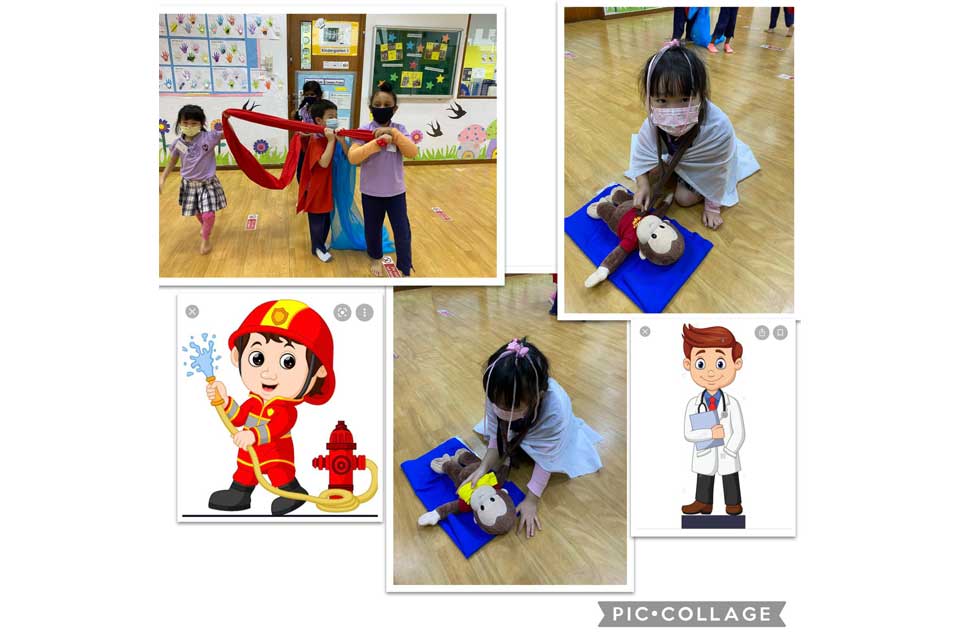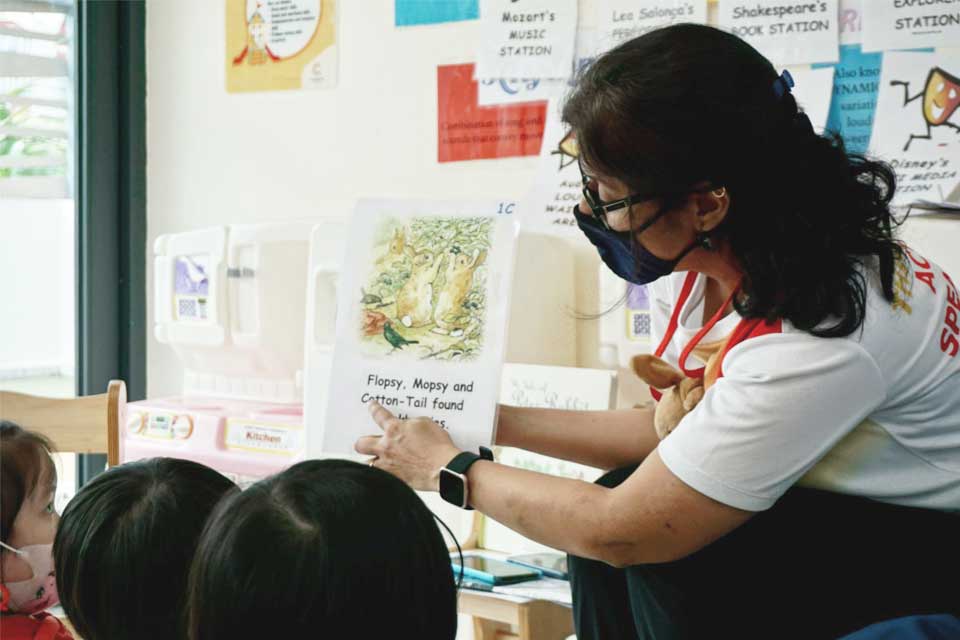Reading storybooks is a wonderful way to introduce children to the world of literature. It can help them develop a love of reading, expand their imagination, enhance social skills and so much more. Let’s explore 5 benefits of reading storybooks for children with ACTs of life!
Strengthen Language Skills
The first benefit of reading storybooks for children is improving their language skills. Children learn new words and develop their understanding of the language by reading stories. They also learn how to use these words in appropriate context. This helps them to become more confident in their ability to communicate and express themselves. Additionally, reading stories helps children to develop their reading comprehension skills, which can be beneficial for their academic success.
Boost Imagination
Secondly, storybooks help increase children’s imagination and creativity. As children read stories, they are exposed to different characters, settings, and situations. This helps them to think outside the box and come up with creative solutions to problems. Additionally, reading stories can help children to develop their problem-solving skills and critical thinking abilities.

Storybooks allow children to become whoever they want!
Improve Memory
Thirdly, reading storybooks also helps children to improve their memory. Stories give children the access to new information and ideas that they can store in their long-term memory. This helps them to recall information more easily when needed. Reading stories also helps children to develop their short-term memory skills. Students with good short-term memory are able to confidently retell stories, quickly learn math facts, and access new information in order to make sense of bigger ideas.
Enhance Emotional Development
Fourthly, reading storybooks to children enhances children’s emotional development. As children read stories, they are exposed to different characters and situations that can help them understand different emotions and how to manage them appropriately. Furthermore, reading stories can help children to develop empathy and compassion for others, which is essential for healthy relationships in the future.

Children enhance their emotional development through interacting with teachers and peers
Upgrade Social Skills
Last but not least, reading storybooks to children is a wonderful way to improve their social skills. As children read stories, they are exposed to different characters and situations that can help them understand how people interact with each other in different contexts. This helps them to develop better communication skills and become more confident in social settings.
ACTs of life’s programmes are infused with well-loved storybooks from all over the world!
ACTs of life’s educational programmes feature beloved storybooks from different countries and cultures, providing a diverse range of stories for children to explore and learn from. Let’s take a look at the storybooks used in our curriculum!
Harold and The Purple Crayon by Crockett Johnson
Harold and the Purple Crayon is a classic children’s storybook that teaches important lessons about creativity, problem solving, and exploration. Through Harold’s imaginative adventures, children can learn the power of their own imaginations and the importance of taking risks. The book also encourages children to think outside the box and explore the world around them. Harold’s story is a great way to introduce children to the world of creative problem solving and exploration.
The Tale of Peter Rabbit by Beatrix Potter
The Tale of Peter Rabbit is a beloved classic storybook for children. It teaches valuable lessons about responsibility, consequences, and the importance of following rules. Through Peter’s misadventures, children can learn about the importance of listening to their parents, the consequences of disobedience, and the value of hard work. The story also encourages children to be brave and use their imagination to find creative solutions to problems.

Peter Rabbit is a well-loved character by children from all over the world
The Story of Babar by Jean De Brunhoff
The Story of Babar is a classic children’s storybook written by Jean de Brunhoff in 1931. It tells the story of an orphaned elephant who goes on a journey of self-discovery and learns valuable lessons about friendship, responsibility, and courage. Through Babar’s adventures, children can learn important life lessons such as the importance of family, the power of kindness, and the value of hard work. The story also encourages children to use their imaginations to explore the world around them. The Story of Babar is an inspiring tale that will captivate young readers and help them develop important life skills.
Curious George by Margret and H.A. Rey
Curious George is a beloved children’s storybook character who has been delighting readers for decades. Through his adventures, Curious George teaches important lessons about friendship, problem-solving, and the importance of curiosity. He also encourages children to explore their world and to never give up in the face of adversity. By reading Curious George stories, children can learn valuable lessons about life and develop a love of reading.

Children’s beloved monkey friend: Curious George!
Especially, our English Speech and Drama: The Tale of Peter Rabbit is approved by National Arts Council to be the Arts Education Programmes for schools in Singapore from 2023-2025.
In conclusion, reading storybooks to children has many benefits. It helps children to develop their imagination, language and communication skills, and encourages them to think critically. Reading also helps children to build their vocabulary and understand different cultures and perspectives. Storybooks provide a fun and interactive way for children to learn and grow, which can have long-term positive effects on their development. Reading storybooks to children is an important part of their education and should be encouraged in every school.
